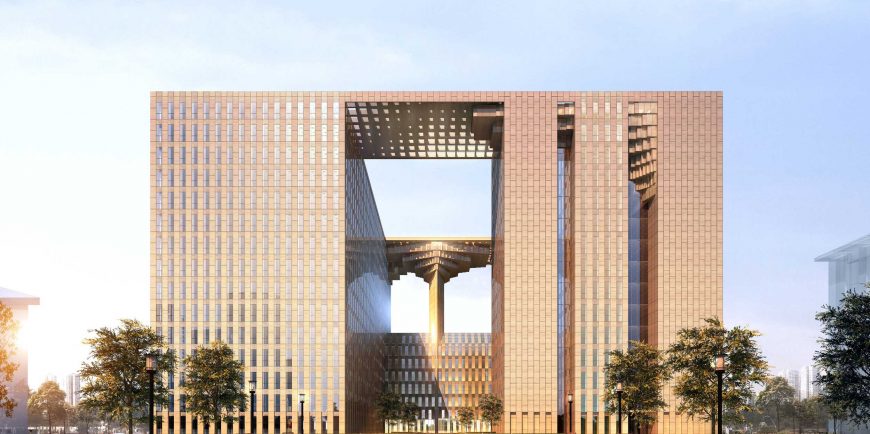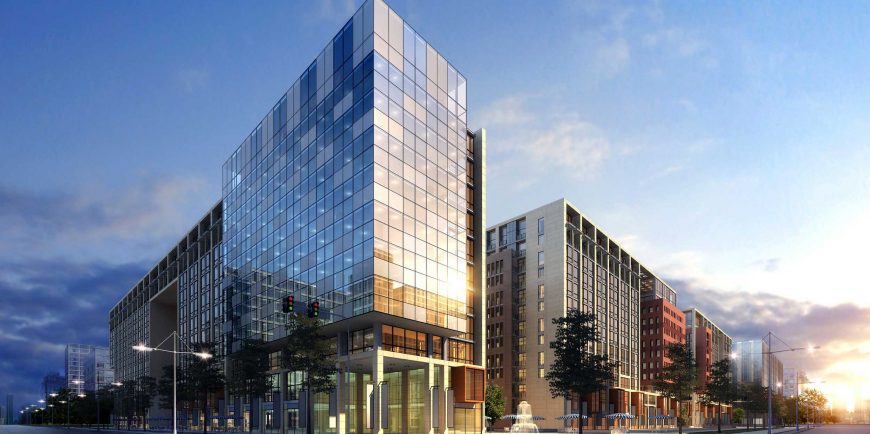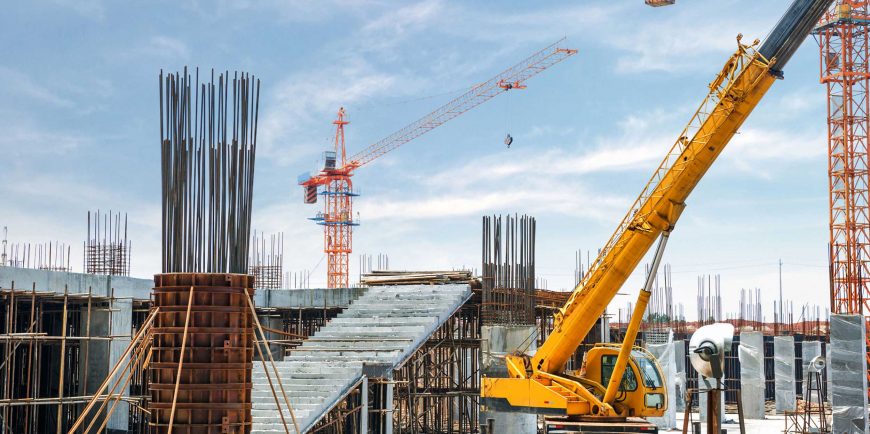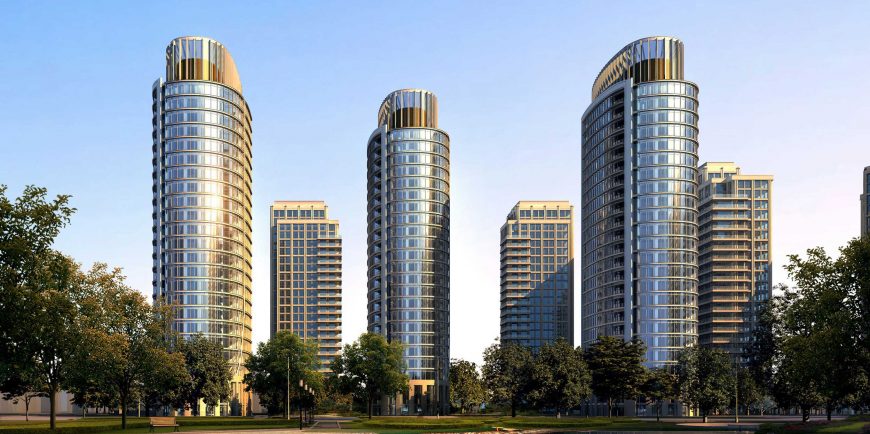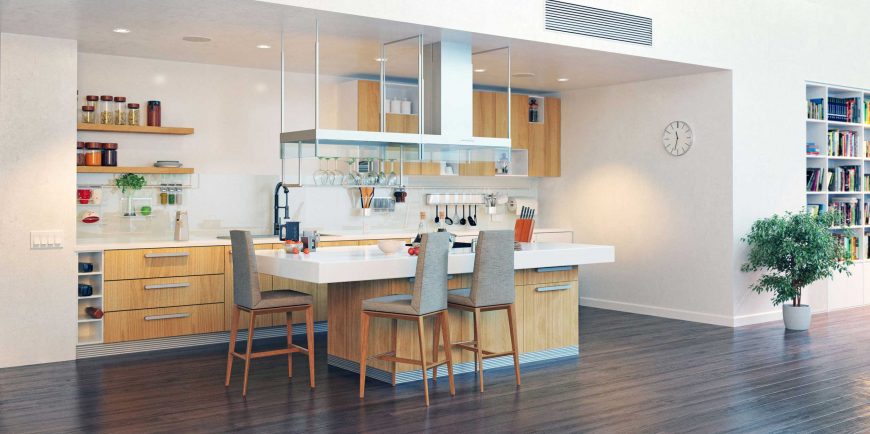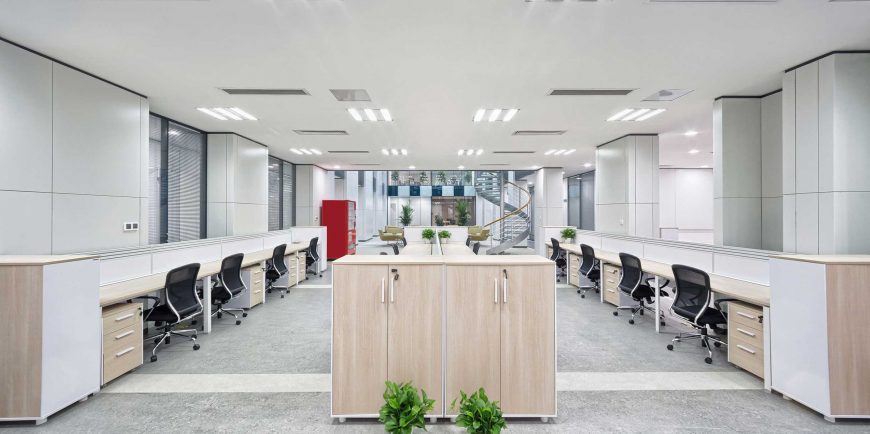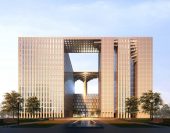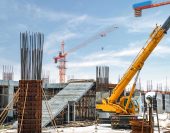Document & Data Desctruction
DESCRIPTION
Construction Management or Construction Project Management (CPM) is the overall planning, coordination, and control of a project from beginning to completion. CPM is aimed at meeting a client’s requirement in order to produce a functionally and financially viable project. The construction industry is composed of five sectors: residential, commercial, heavy civil, industrial, and environmental. A construction manager holds the same responsibilities and completes the same processes in each sector. All that separates a construction manager in one sector from one in another is the knowledge of the construction site. This may include different types of equipment, materials, subcontractors, and possibly locations.
A contractor is assigned to a construction project once the design has been completed by the person or is still in progress. This is done by going through a bidding process with different contractors. The contractor is selected by using one of three common selection methods: low-bid selection, best-value selection, or qualifications-based selection.
SERVICE BROCHURE
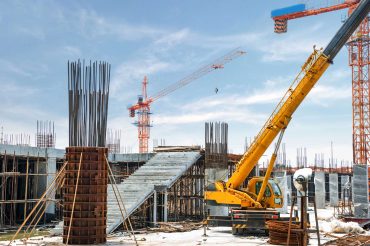
Typically economical buildings, and other improvements, for agricultural purposes. Examples include barns, equipment and animal sheds, specialized fencing, storage silos and elevators, and water supply and drains such as wells, tanks, and ditches.
Buildings and other constructed items used for storage and product production, including chemical and power plants, steel mills, oil refineries and platforms, manufacturing plants, pipelines, and seaports.
This refers to construction for the needs of private commerce, trade, and services. Examples include office buildings, “big box” stores, shopping centers and malls, warehouses, banks, theaters, casinos, resorts, golf courses, and larger residential structures such as high-rise hotels and condominiums.
This category is for the needs of government and other public organizations. Examples include schools, fire and police stations, libraries, museums, dormitories, research buildings, hospitals, transportation terminals, some military facilities, and governmental buildings.
I am text block. Click edit button to change this text. Lorem ipsum dolor sit amet, consectetur adipiscing elit. Ut elit tellus, luctus nec ullamcorper mattis, pulvinar dapibus leo.

